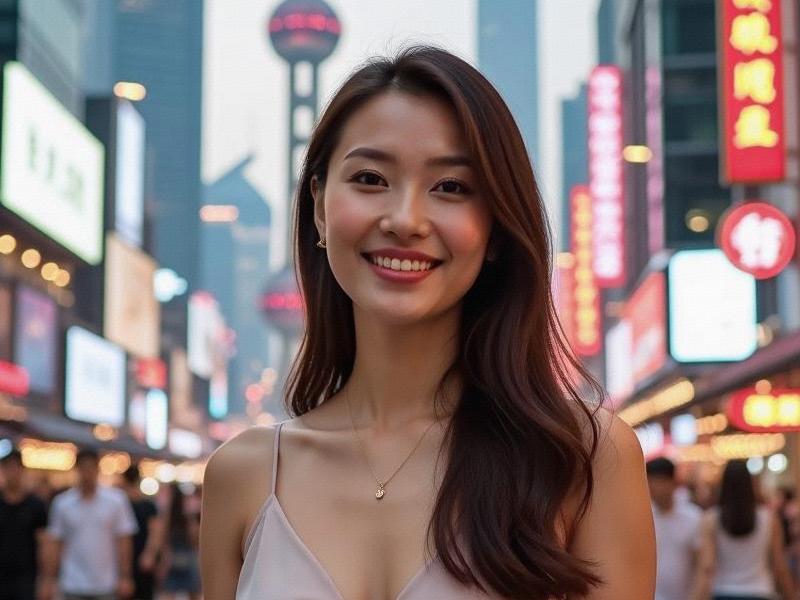This feature explores how educated Shanghai women are navigating modern societal expectations while preserving cultural heritage, blending professional ambition with personal style in China's most cosmopolitan city.

The morning rush at Jing'an Temple metro station reveals a sartorial revolution - where cheongsam silhouettes meet power suits, and designer handbags carry both makeup kits and business contracts. Shanghai's women, long regarded as China's most fashion-forward demographic, are now leading a more profound cultural transformation.
Recent surveys by Fudan University's Gender Studies Center show Shanghai women marry three years later (average age 30.2) than the national average, with 68% holding university degrees. The city's female labor participation rate stands at 63.5%, significantly higher than Beijing's 58%.
新上海龙凤419会所
"Shanghai women treat self-investment as strategic planning," observes Dr. Liang Mei, author of "Dragon Ladies Reborn." At the newly opened ShePower Hub in Xuhui District, over 500 female entrepreneurs attend weekly workshops blending traditional Chinese philosophy with Silicon Valley-style pitch training.
上海龙凤419社区
The beauty industry reflects these shifts. While skincare remains a ¥38 billion market in Shanghai, clinics report surging demand for "natural enhancement" over dramatic transformations. "Our clients want to look like refined versions of themselves, not someone else," explains Dr. Wang of United Family Healthcare's dermatology department.
上海龙凤419官网
Cultural preservation plays a surprising role. At the Shanghai Women's Handicraft Association, young professionals learn embroidery techniques dating to the Song Dynasty. "These stitches connect us to our grandmothers' wisdom while funding our startups," says member Zhao Yichen, whose fusion cheongsam brand exports to 17 countries.
Yet challenges persist. The "leftover women" stigma lingers despite progressive policies, and the gender pay gap remains at 18.7% in white-collar sectors. However, Shanghai's first female mayor, elected in 2023, symbolizes changing tides. As night falls along the Bund, the city's women continue rewriting their narrative - one balanced between mahjong tables and boardrooms, between silk and smartphone screens.